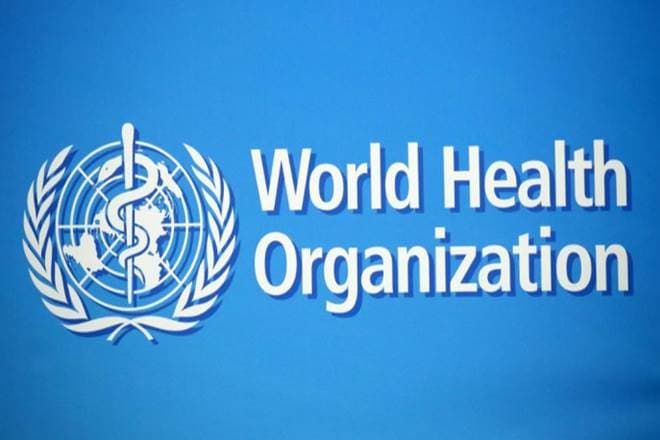The World Health Organisation (WHO) has enjoined governments and partners to close inequality gaps in the progress towards ending AIDS by focusing on the populations that are being left behind.
In a statement to mark this year’s World AIDS Day, 2022, Dr Matshidiso Moeti, WHO Regional Director for Africa, said four decades into the HIV response, inequalities persist for the most basic services like testing and treatment.
“For example, HIV prevention programmes reach only 40 per cent of adolescent girls and young women. Only one in three key populations, who are particularly vulnerable to HIV, have regular access to HIV prevention services and they still face significant structural barriers, including criminalisation, discrimination and stigma.
“They include sex workers, men who have sex with men, people who inject drugs, people in prisons and detention and transgender people.
She said with 25.6 million people living with HIV, the African Region continues to be most affected, adding that nevertheless, progress has been made over the past decade, reducing new infections by 44 per cent and reducing AIDS-related deaths by 55 per cent.
Dr Moeti said this progress was made because the WHO and partners advocated and supported the expansion of new HIV prevention and treatment technologies and provided guidance on combination HIV prevention, testing and treatment, among others.
She said that with only eight years left to the 2030 goal of ending AIDS as a global health threat, coordinated action was required to stop the effects of the epidemic, with a precise focus to reach those most affected, especially children, adolescent girls, women and key populations.

 Join Daily Trust WhatsApp Community For Quick Access To News and Happenings Around You.
Join Daily Trust WhatsApp Community For Quick Access To News and Happenings Around You.

